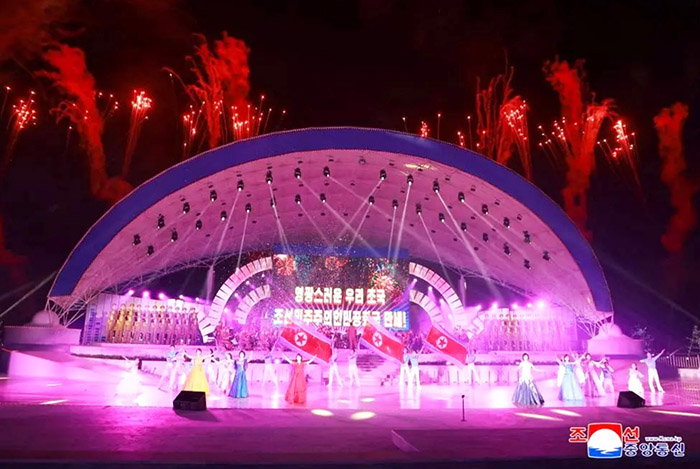Propaganda and Prestige: Image Over Impact?
The Wonsan Kalma Beach Resort is not merely a tourism project; it is a propaganda tool. North Korea has long used architecture and infrastructure as symbols of its supposed strength and modernity. From the towering yet unfinished Ryugyong Hotel in Pyongyang to the meticulously curated mass games, the regime is adept at creating the appearance of progress.
By showcasing Wonsan Kalma in state media and allowing controlled coverage by select foreign journalists, the regime can broadcast an image of a country that is not only surviving but thriving. This image is crucial for domestic audiences, many of whom live in hardship. The message is clear: “Look what our great leader has built for the people.”
At the same time, the project is likely aimed at foreign observers, especially in neighboring China and Russia. By presenting a more modern, tourism-friendly face, North Korea may be seeking to woo investment, soften international perceptions, or even attract diplomatic goodwill.

